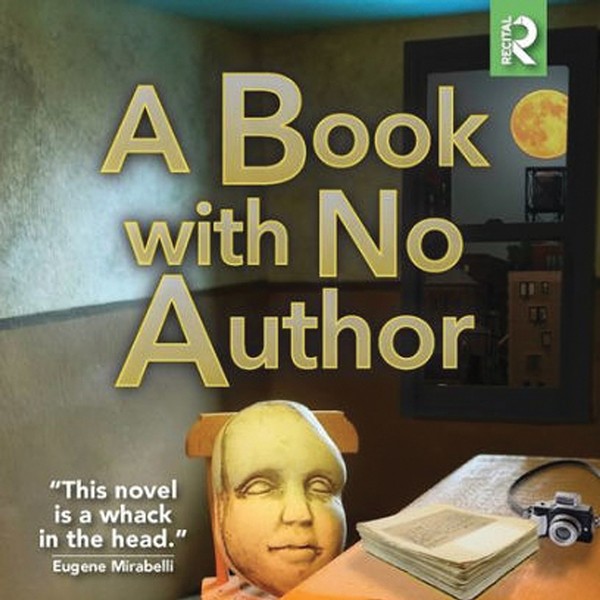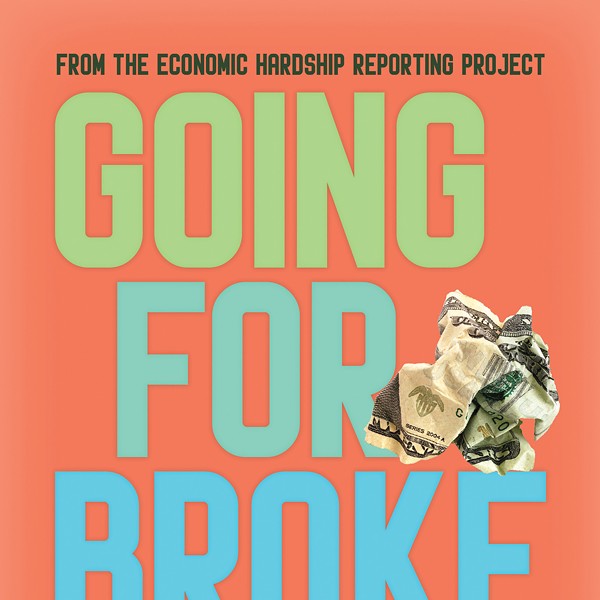Just as a perfect piece of fruit conjures a well-tended orchard, Wolff’s stories amplify reality through simplification, gaining momentum through believable dialogue and artful narrative pacing. For instance, a couple’s longstanding marital tensions contract uniquely in the six-page “Say Yes,” elapsing almost entirely in the time it takes to wash and dry dinner dishes; but the question of how well two people can really know each other lingers long afterward. Similarly compressed, the bank-heist drama “Bullet in the Brain” recalls Ambrose Bierce’s “An Occurrence at Owl Creek Bridge,” as an entire life unfolds during seconds-long exposition that describes the eponymous title event.
Along with writing, Wolff continues to teach. Ward W. and Priscilla B. Woods Professor of English at Stanford since 1997, he need look no further than the workplace for inspirational material. “Academia is a hothouse of human appetites and transcendence sometimes,” he says, expelling “a little laugh,” perhaps not unlike the antagonist in “An Episode in the Life of Professor Brooke.”
Why bite the hand that feeds? Wolff explains: “One of the reasons that a writer would return to stories set in a school or military institution: Those are closed worlds. They set their own mores, their own world rules-the school culture, the military culture-fixed in customs, dialogues, or clothes.” Other times, a story might “set within the circle of a family—another closed world, another system, if you will. We see the consequences of cooperation or defiance in relationship to those worlds.” The story “Firelight” bridges two. A mother and son pretend to seek a rental in a well-to-do college neighborhood, encountering a failed professor. About the dénouement, the author remarks, “How could I know the future of those people? The narrator is describing his own future through the agency of talking through others, bringing together two different worlds at different times in my life. We [Toby and his mother] had these wishful excursions on the weekend, and in the story I brought in the apprehension of the professor, bringing together two kinds of disparate experiences.”
As faculty member, Wolff avoids teaching trendy literary theory. “I don’t like reductive characterizations. Hemingway is not a ‘minimalist’—and I hope I’m not,” he claims. “Writers break the bounds of categories. I never use those labels when I teach. Inevitably, someone [in a class] will label Camus an ‘existentialist.’ Students don’t know what it means—nobody knows what it means. It’s useful to talk about such categories to illustrate the uselessness of these labels.” Can writing be taught? Wolff won’t say. But onetime student Jay McInerney has compared Wolff to a forensic pathologist for his ability to introduce technique and structure.
A self-identified “writer of the world,” Wolff composes in short bursts. He reasons, “I have children. I have a teaching job. Sometimes I need to get an oil change or a haircut or go buy shoes. Like everyone, I’m busy and distracted. I don’t have a rigid schedule because of the demands on me. I tweak what I’ve written the day before. The longer I do it, the higher the standard becomes. I have given up on novels. Sometimes it just doesn’t come off.” He likens his overall process to “a dog gnawing on a great big bone, and he’s patient about getting to the marrow of the matter.” Refusing to regard his stories as “sacred texts,” the exacting stylist revised several older offerings in Our Story Begins. But as with others newly presented, they seem nothing short of miraculous.
The provocative “Awaiting Orders” concerns the closeted sexuality of one Sergeant Morse. “It’s not about ‘don’t ask, don’t tell’!” Wolff thunders, when I presume to identify a central motif. “It’s about a man!” Passion ringing, he goes on: “We all live under some kind of constraint in social situations, in work situations, concealing our nature. We perform our identities in public. A man who is harsh to his wife at home doesn’t show that at work. A man who desires an employee at work doesn’t let on—unless he wants a lawsuit. We all live in social situations that put a constraint on or stifle our nature. Sometimes that’s good—it would be hell if we did not. In the case of this man, it is not unique to the social situation. People keep invisible parts of our nature hidden. This story is about a cultural phenomenon that disallows people to be who they are—and there may be global consequences. It’s about the coercive effects of having to conceal our nature, which is true of soldiers and federal employees. There are all kinds of ways we are called upon to hold ourselves in check.”
















